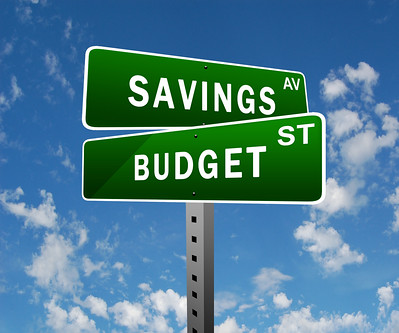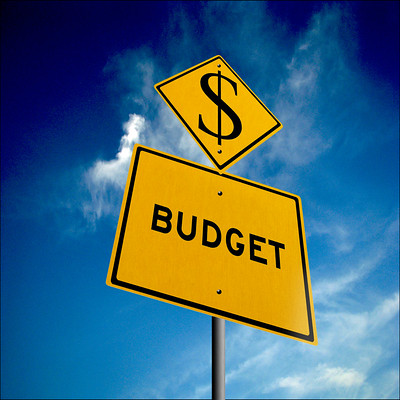
Vermont’s legislators, like all of us, must process the threats of the coronavirus. But that stress is quite distinct from the rightful accountability for reckless legislative spending and overregulation that has proliferated from the Bloated Dome for years — the people elected to protect us have left Vermont extraordinarily vulnerable in this economic downturn.
Surely it was foreseeable that the good times would not last forever. Indeed, our left-wing legislators have been planning for the best while hoping for the worst: they have been openly critical of President Donald Trump’s handling of the national economy even while they themselves have increased education and “climate initiative” spending, refused to fully fund our state pensions, and otherwise make no provision for economic decline.
I attended the Dec. 4, 2019 “Vermont State Budget Overview All Legislative Briefing” in Montpelier. I was shocked that our government employees and leaders chuckled at repeated jokes against the Trump administration, while displaying rosy projections for Vermont’s budget. For me, this was not about partisanship but math — how can economists credibly (gleefully) predict (as they did) that the national economy would decline due to Donald Trump’s tax policies and trade war with China, while at the same time assuming rosy tax receipts and federal funding for Vermont’s bloated budget?
On Dec. 4, the Vermont Legislative Joint Fiscal Office distributed materials reflecting that Vermont receives the fifth largest federal grants per capita in the nation (excluding Washington, D.C.). It also distributed full-color cartoons within the materials mocking President Trump: one depicts him walking off a cliff over the words “recession likelihood,” with economists walking behind him and looking down anxiously. If our state economists are so brilliant at forecasting, why have they not advised Vermont to save for this rainy day?

The liberals who say Donald Trump should have prepared for the coronavirus will of course argue that they should not be held to that standard. After all, they were not allowing for the virus threat because they were predicting that Trump’s tax plan and trade war with China would be the cause of implosion — one chart in their presentation is titled “As Trade War Threats Heat Up, Year-Ahead Recession Risks Rise to About 1 in 3.” But they then planned for 0 in 3. Another page is titled “The Expansion Endures, But How Long Can it Last?” and states “Escalating trade wars represent the greatest threat to continuation of the current economic expansion…” We now face a greater threat.
With their partisan eyes on the wrong ball, our legislators and economists certainly foresaw economic hard times — but still they set out to spend more money. The March 25 House Calendar recites “action list” items that include H. 942, which greatly increases spending on Electric Vehicles and other “climate initiative” projects, and increases spending from $2.5 million to $7 million for the Lamoille Valley Rail Trail ($1.4 million of state dollars — the other $5.6 million is expected from the federal government). It is hoped that these plans (along with the gasoline tax anticipated by the Transportation Climate Initiative) will now be tabled.
Vermont’s chief fiscal officer, Stephen Klein, says that our state potentially faces a “staggering” budget shortfall, even as the Legislature is weighing an unplanned $40 to $70 million dollars in additional spending due to the virus. One (unconstitutional) solution being contemplated is to hand the state’s spending authority over to the Joint Fiscal Committee! (Maybe they would now spend less taxpayer money on full-color cartoons of the President… or at least use black-and-white).

Behind this short-term crisis lurks a much greater threat due to past myopic economic policies — a bloated state bureaucracy that could not be sustained even before this crisis. Act 46 was touted as the solution to Vermont’s skyrocketing education costs, but education expenses have instead increased. Vermont’s state employee pensions are grossly underfunded, but now existing pension investments have almost surely been decimated by the sudden stock market plummet. (It is to be hoped that Vermont Treasurer Beth Pearce withdrew the funds weeks ago for safe haven, but our teachers shouldn’t hold their breaths in reliance).
Vermont’s economic and financial health is in deep water now, because shortsighted and arrogant leadership dragged us there. There is no “prosperity” in government-mandated purchases of vehicles and solar panels manufactured out-of-state (more likely out-of-country, in the midst of those trade wars), only the giant sucking sound of wealth squandered for special interests. There must be a new sound coming out of Montpelier — the sound of frugality, of nurturing Vermont-based businesses and innovations.
The least of our problems is a trade war with China. Vermont needs an actual economic plan that addresses the most serious problems we face — pensions, schools, over-regulation and an unwieldy bureaucracy. Governments are funded by businesses and workers, not the other way around. Now that the Elitist Emperors are scurrying around in panic, at least we can see that truth laid bare, however unsightly it may be.